Ageing Through the Ages: From Past to Present and Future
Ageing is a normal, inevitable and universal phenomenon, and is subjected to the law of natural progress. Now the phenomenon of ageing has assumed increasing importance due to the changes in the age structure reflected in the growing life expectancy. The change of population from high to low fertility and mortality rates as reflected in demographic transition has created a global trend towards an increasing proportion of older people, thus contributing a larger size of the older people to the society. Countries indeed differ by variations in terms of their demographic transition, and thus concomitantly in terms of their population ageing. Although increases in older populations have become a phenomenal characteristic of developed countries for over a century, in recent times there have been tremendous increases in such populations witnessed by the developing countries as well. Among all developing countries, India figures prominently in the map of ageing. The sharp decline in mortality since 1950 and a steady recent decline in fertility have immensely contributed to the process of population ageing in India. The magnitude of the problem of ageing and its manifestations are not the same everywhere. The present publication is in the form of the conference proceeding and hence an outcome of the papers presented in the interdisciplinary international conference on "Ageing" by the scholars from varied academic fields from across the country and abroad. The main objective of the conference was to examine and understand the current trends of population ageing, its issues and challenges, and the role of various governments, communities, voluntary and welfare organizations including the NGOs towards resolving the problems of the elderly across the world. The papers contained in this proceeding largely focus on the above objectives of the conference.
Get it now and save 10%
BECOME A MEMBER

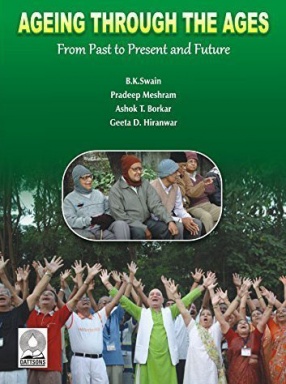
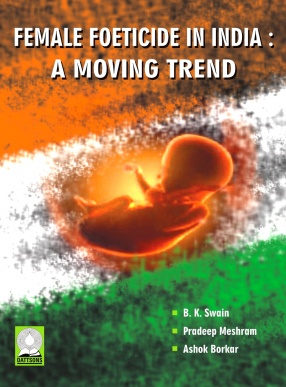
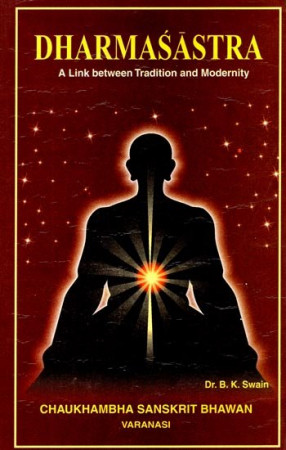

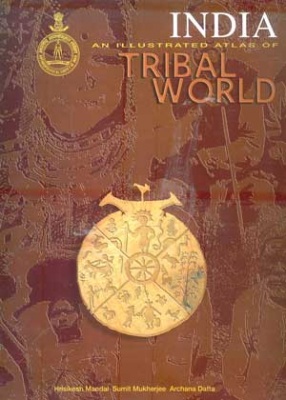
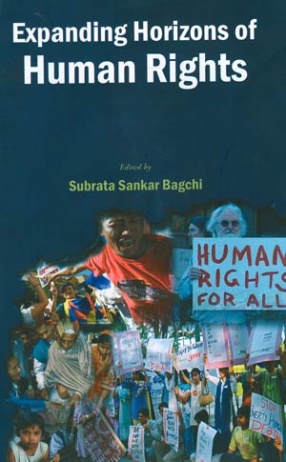
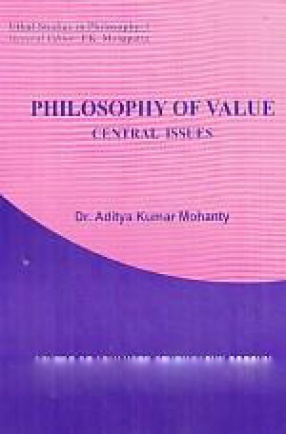

Bibliographic information
P.K. Meshram
A.T. Borkar
Geeta Hiranwar